How to Create a Content Plan for a Podcast
Creating a content plan for any new endeavor can be difficult and seem like a daunting task, but it will also help you set goals for yourself.
Having a content plan is important to keeping you on track and accountable, so you can reach the goals you set for yourself.
We have found that the best place to start is by asking yourself several questions.
What is the purpose of my podcast?
More specifically, why am I doing this?
If you are doing a podcast to promote your business, then there’s your answer. You may just be doing it for fun. In that case, your purpose may be to bring entertainment to your audience.
Discovering your podcast’s purpose will later help you decide what type of topics you should cover or who you should interview.
Who is my target audience?
Once you’ve figured out your purpose, that should lead you to who your target audience.
If the purpose is to further your business, your audience would be the people who will buy your products.
If the purpose is to bring entertainment, your audience might be movie or book lovers.
What kind of content will my audience enjoy?
Coming up with ideas on what to discuss can be difficult and is arguably the hardest part about starting a podcast.
However, if you’ve answered the first two questions, answering this one should be less difficult.
For example, if your purpose is to promote your tech business and your target audience is tech lovers, you may want to include reviews on the latest gadgetry your company is releasing.
If your purpose is to entertain and your target audience is superhero movie lovers, a great podcast idea is discussing the similarities and differences between Marvel and DC superheroes.
How often should I release an episode?
Consistency is key. There is not a set schedule that all podcasters follow.
Some choose to release an episode once a week; some only release an episode once a month. It’s all up to you and how many episodes you think you can handle.
It is also true that the more episodes you release, the more likely people will have listened to at least one of them.
However, be sure to consider how much time and effort you want to put into your podcast. Also, think about your content.
Do you have enough relevant topics to release an episode each day? Whatever you decide, just remember to be consistent!
In the end, having a set strategy that helps you stay on track is the best way to start any new endeavor. Once you have a content plan, the next step is pressing record.
How Many Episodes of My Podcast Do I Need to Plan?
When it comes to podcasts, ideal numbers can be hard to nail down. Much of podcast planning depends on what you are wanting to discuss and how much content you can come up with.
Reasons You Should Plan Your Podcasts:
- To make sure you have enough content
- To plan for guest appearances and/or hosts
- To help decide how often you should release an episode
- To help decide how long each episode should be
To make sure that you do have enough content, an attainable number of episodes to plan for is 8 to 10.
If you are only releasing one episode a week, this number of episodes will last you a solid two months.
By that time, you will have a better sense of what works and what does not work, and you can plan out your next 8 to 10 episodes.
Planning your episodes this far in advance will also help you plan guest appearances if that is something that works with your content.
Most of the top podcasters release one episode each week. Episode lengths can be anywhere from a few minutes to a couple of hours.
To make sure listeners stay completely engaged in what you are saying, the average length of an episode is approximately 22 minutes.
Tips for Keeping Your Podcast Interesting
Release interesting content. This is huge when it comes to keeping your listeners glued. Many times, audiences will quit listening to a podcast because they have lost interest in the content.
Another reason fans stop listening is that the host is no longer able to keep them invested. There are a few ways you can keep your podcast interesting and not lose listeners.
Have fun with your episode titles
One of the first impressions listeners will form of your podcast is based on your episode titles.
Be creative and think outside the box. Do some research, and try to find something that hasn’t been used before.
Storytelling
Don’t use a monotone voice. Your voice must have enthusiasm and heart. Perfect the way you tell a story. It’s an art.
With practice, you can easily tell a story with smooth transitions and an easy flow. Hearing a good story never gets old, so have fun with it.
Lively conversation
The best was to make sure the conversation stays interesting is to be prepared.
Research is important. Have questions ready beforehand by predicting what you believe your listeners would ask about the topic that you are covering.
Involve your listeners
This will help you gain loyal listeners. Loyal listeners mean more recommendations. Ask your listeners questions and have a place where they can send in their answers.
You can also have them send in requests and recommendations for topics and guests they would like to hear.
Be yourself
This is the most important thing you can do as a podcaster.
Nobody can be a better you than you. If you truly know your content and are passionate about it, your listeners will be able to tell and will want to listen to YOU.
While there is plenty more you can do to keep your podcast interesting, these five suggestions will help you get started and pave the way for a great podcast.
Podcasting Tips for First Timers
One important tip for a new podcaster is to learn how to be a good host.
Though this may sound obvious, it can take some time to perfect. It requires skill and practice, so we have found a few ways for you to reach pro status in no time.
Hold a conversation with your audience
Speak to your listeners as if they are in the room with you.
It will create a more personal feeling and make them feel like they are actually there with you and listening in real time. This will make your podcast more personable.
Know your content
It is always much easier to carry on a conversation about a topic you are familiar with.
If you don’t know your subject matter, you could start spreading misinformation or lose the focus of your listener.
Thoroughly research your topic beforehand, and make sure you are well prepared for each episode.
Don’t give too much information at once
Information overload is never a good thing.
Break up long stories with short jokes or personal thoughts on the topic. Stories are often much easier to remember than a bunch of facts given one right after the other.
Know your audience
As you are working your way through an episode, try to anticipate what your listeners may be thinking and feeling.
Make sure you are delivering content they want to hear and can easily follow and understand.
Have guests
Try to find other people that know about your subject matter and interview them.
They may have different views than you and be able to give your listeners a new perspective on your topic. Once again, know your audience.
Who might they want to listen to in an interview?
Prepare for your interviews
If not properly prepared, you may have long stretches of awkward silence as you try to gather your thoughts.
Gather as much information on your guest as you can. Research their work and prepare questions to ask before you ever start. You can even ask your listeners to submit questions for the interview.
Prepare your guest for their interview
This is equally as important as preparing yourself. You don’t want them to be nervous. Send them sample questions so they can prepare answers.
Another thing is to choose a guest who knows your subject matter. Don’t interview someone over a topic that they know nothing about or have no interest in.
Facilitate healthy debates
If you are discussing a topic with more than one side or viewpoint, the conversation has the potential to get heated quickly.
Debating is a great way to learn and can be fun but learn to “read the room” and put a stop to intense or uncomfortable conversations before they go too far.
One last tip for first-time streamers is to make sure your audio quality is top-notch. You may be the best host and have the most engaging content with the most interesting guests, but, if your voice sounds muffled or there is too much background noise, you can forget about keeping any listeners. Your podcast is your business. Don’t be afraid to spend a little extra money on better-quality podcast equipment and podcast editing software.
A good quality microphone is a must, and, if you are wanting to do interviews, stereo headphones would also be a good investment.
Overall, practice makes perfect. The hardest part is getting started, so just go for it!



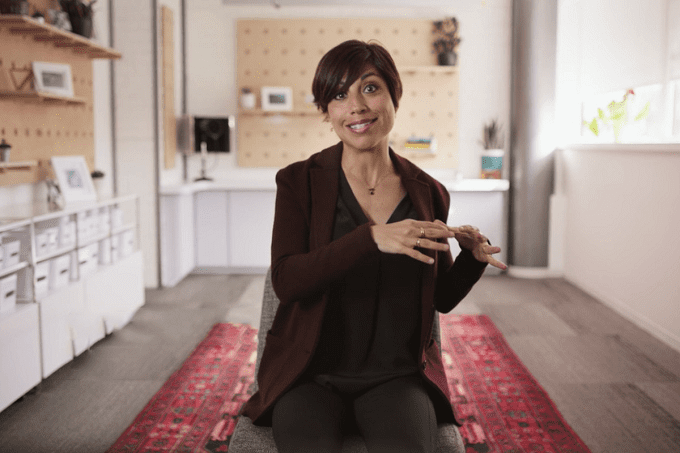


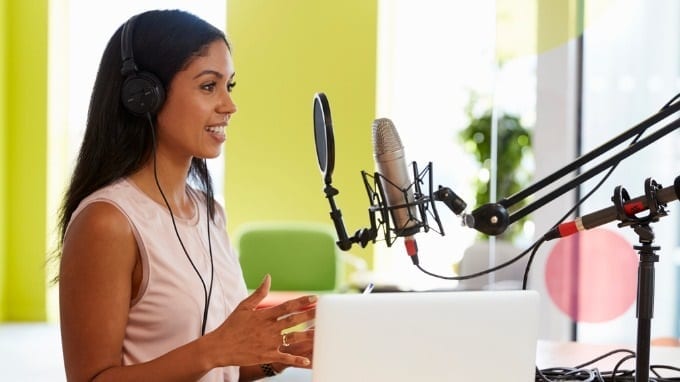
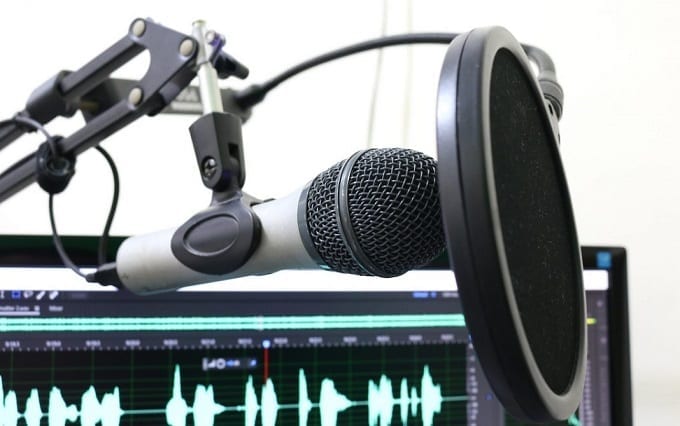



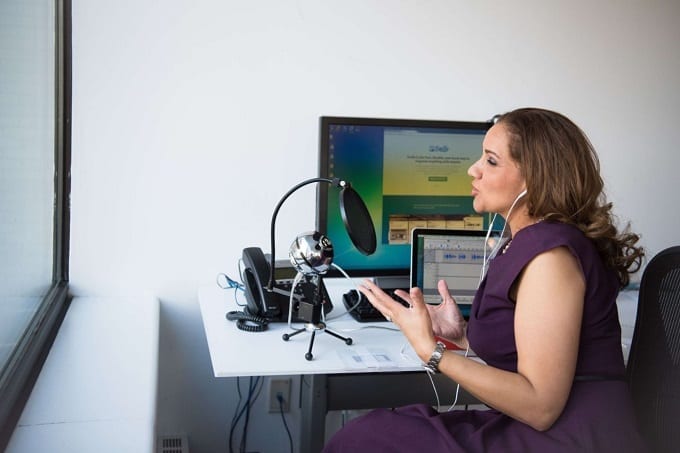

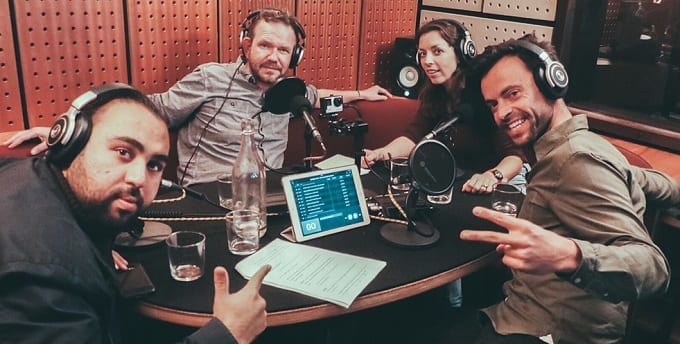
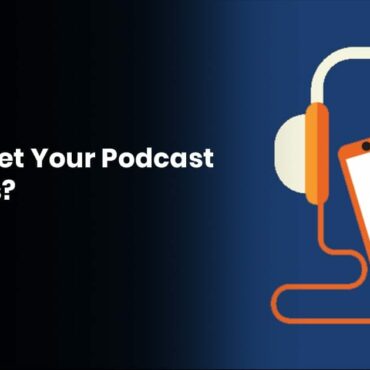
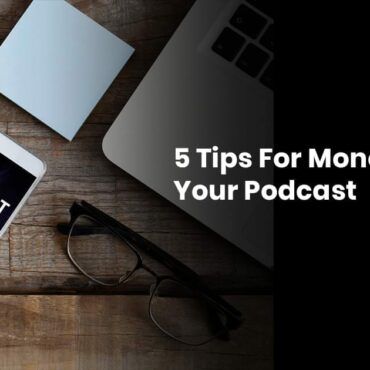





Post comments (0)